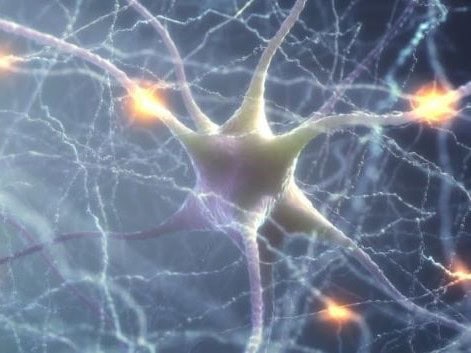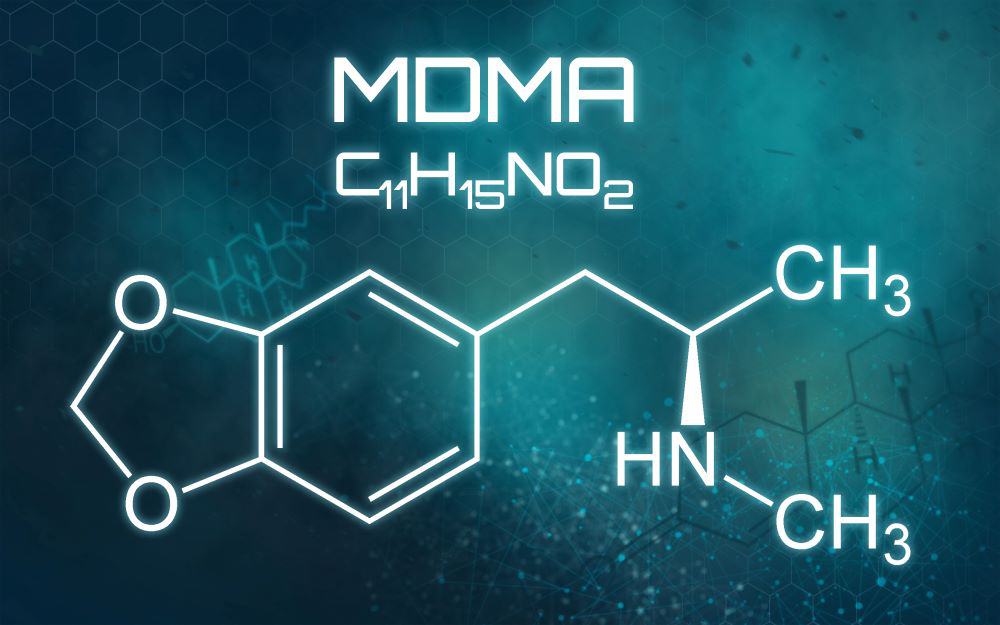How Do I Choose: Individual or Group Sessions for Addiction Treatment?
Posted on July 24, 2013
How do I choose: Individual or group sessions for addiction treatment? A. Tom Horvath, Ph.D., ABPP Are you searching for the “right” treatment center for you or a loved one? This article is written to suggest that pre-established “programs” (individual or group sessions for addiction treatment) of treatment are not the best approach. Rather, there are as many roads to recovery as there are individuals. Treatment centers need to support you on your own path to recovery, not push you into a generalized recovery path that may be slightly helpful to many people, but not exactly helpful to anyone. Things to Consider When Considering Individual or Group Sessions
If you were looking for the “right” center, there are many factors you would need to consider. Are all of the substan...
full story






